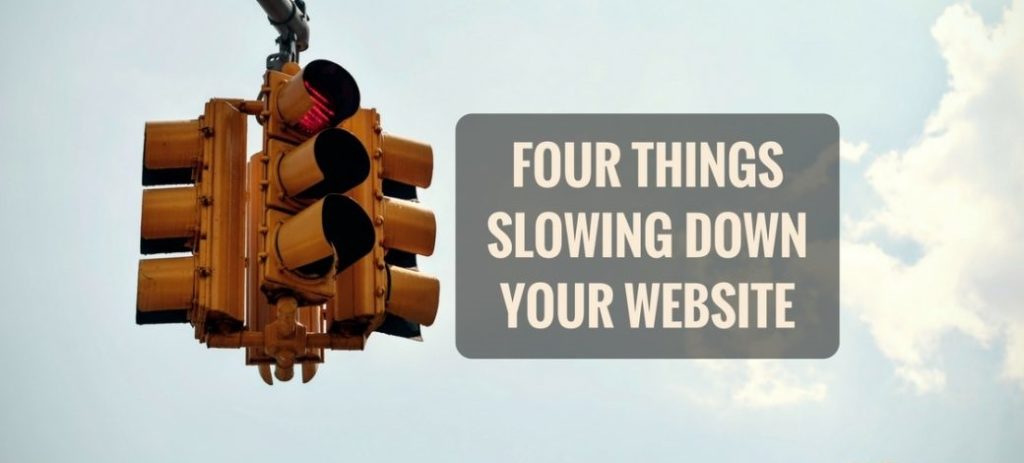WordPress may be a free CMS simple enough for beginners to use, but that doesn’t mean it isn’t an excellent option for business-level sites. Configured and maintained well, it can do an excellent job as the foundation for your site — so if you’ve noticed that your site is struggling along, you can’t blame it on the platform. There’s something else at fault.
Before you can do something to improve the speed, you need to have some idea of what might be causing the issue. Once you know the problem, you can figure out a way to solve it — so let’s take a look at four things that might be slowing your WordPress site down:
Database clutter
Every change you make to your WordPress site leaves a trace, and the traces quickly add up. This inflates your database and causes reduced performance whenever your data tables need to be accessed (which is whenever one of your pages is loaded). Think about trying to wait for a huge database to open just so you can access one field.
The solution is to clear out all the clutter. While this can be done manually (painstakingly), it’s so much easier to do it automatically through the use of a database-cleaning plugin. Simply set it up, start it running, and wait for it to finish. You should quickly notice the improvement.
Massive images
Website visuals are certainly important — no one should deny that — but they’re often given more emphasis than they warrant. Website owners start thinking that bigger is always better, and they fill their pages with giant and poorly-optimized 5mb photos that slow everything down. While your site probably isn’t that bad, you might have room to improve here.
Remember that each page serves a purpose. The home page keeps everything together, the “About Us” page sells your brand, the “Contact Us” page reassures people that you’re listening, and the product and/or service pages drive conversions. Images are nice accompaniments, but they’re not strictly vital — so trim them down.
Excess plugins
WordPress plugins are often incredibly useful — indeed, we’ve already looked at one that can speed your site up. Even so, you can have too much of a good thing, and it’s not uncommon for a WordPress site to suffer from having too many plugins installed. Sometimes two (or more) plugins can need to access the same data, causing an obstruction. Sometimes you can simply have so many plugins installed that loading them all takes a long time.
Take a look at your plugin array to see how many you have there. Do you need all of them? Are there any you installed but never used? Activated and forgot about? What about the disabled plugins? If you’re never going to use them again, you should go ahead and delete them entirely.
Weak hosting
Even if you do everything else right, you can still have a slow WordPress site if your web host can’t deliver the files at a suitable pace. Because WordPress is such a low-cost option, some website owners try to save even more money by using the cheapest hosting they can find. This is a big mistake since a cheap host will lead to terrible performance and limited uptime.
If you didn’t choose your host carefully, consider migrating your site to a different host — and if you did, then move up through the tiers until you get the performance you’re happy with. If you’ve done everything you can and your site is still slow, it’s worth speaking to your host about it. They might be able to spot an issue that you’ve overlooked.
WordPress sites can run very quickly and effectively if they’re treated suitably, so if you’re disappointed with how your WordPress site is running, don’t just put up with it: take action to make it better.
